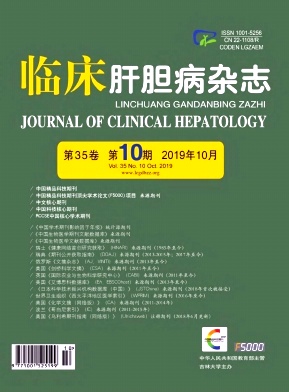In China,the vast majority of hepatocellular carcinoma(HCC) is the result of long-term development of hepatitis B and cirrhosis. Pathologically,HCC is characterized by rich blood supply and multicenter origin,with early invasion of small branches of portal vein and intrahepatic metastasis. Therefore,HCC is not only a local organ but also a systemic disease at the beginning of its occurrence. For this reason,in clinical treatment of HCC a comprehensive treatment scheme should be adopted,including local treatment(such as surgical resection,radiofrequency ablation,microwave ablation,chemical ablation and cryoablation et al),organ-level therapy(such as transcatheter arterial infusion chemotherapy and transcatheter arterial chemoembolization),and systemic therapy(such as immunotherapy,antiviral therapy and molecular targeted therapy et al). This consensus sets forth the minimally-invasive and multidisciplinary comprehensive diagnosis and treatment of HCC,focusing on the following eight aspects:(1) hepatic arteriography,hepatic arteriography CT(CTHA),arterioportal angiography CT(CTAP),lipiodol CT(Lp-CT),TACE-CT,which are helpful in finding the lesion and making precise staging;(2)TACE/ablation should be used as the first choice of treatment for early stage or small HCC;(3) infiltrating HCC should be regarded as an independent type;(4) minimally-invasive comprehensive treatment of metastatic lymph nodes;(5) multi-level subdivision of M-staging used for guiding individual treatment and predicting prognosis;(6) HCC with severe hepatic decompensation is a candidate criterion for liver transplantation;(7) promotion of bio-immunotherapy,traditional Chinese medicine therapy,antiviral therapy and social psychotherapy,which should be run through all stages of treatment;(8) implementation of multicenter randomized controlled trials of minimally-invasive therapy and surgery for early and middle stage HCC is recommended.







 DownLoad:
DownLoad: